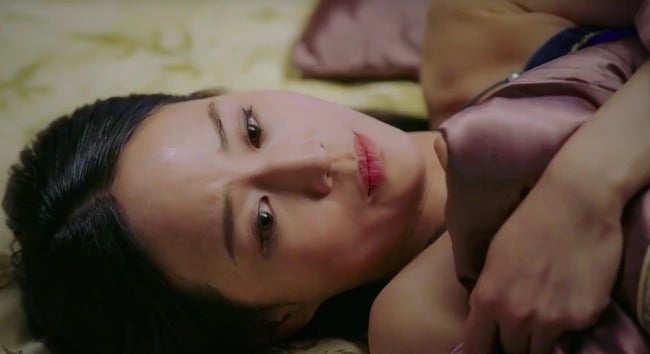In feudal dynasties, the position of the emperor was considered extremely important, and everything related to the emperor was respected. The court ladies, one of the important tasks, were carried out to maintain the royal identity.
In the Qing dynasty, concubines were required to adhere to regulations of silence and not to laugh during court activities. The reasons may be related to maintaining personal hygiene and mutual respect, as well as showing respect for the emperor’s important position and the royal family.
Why were Qing dynasty concubines required to remain silent during court activities?
In the present, many people still believe that women who have the opportunity to become the wife of the emperor will live in luxury and enjoy a lavish lifestyle.
However, the reality is that the concubines in the ancient Chinese palace had to adhere to many strict rules and regulations, including in their family life. There is even a story that these concubines were not allowed to make any sound while being favored.

In addition to the regulations regarding the court activities, the concubines of the Qing dynasty also had to abide by the emperor’s “silent rule,” which meant not being allowed to make a sound while being favored. This rule was considered an unwritten rule that everyone understood, although it was not specified in any official documents of the Qing dynasty.
The reason for this special rule is believed to be strict supervision from the Imperial Bodyguard during the emperor’s court activities, which prevented the intimate relationship between the emperor and the concubines from being completely private. The eunuchs in the Imperial Bodyguard would always be ready outside the palace to remind the emperor of the time and fulfill urgent requests from the emperor. This made the court activities of the Emperor uncomfortable and unnatural.
The reality is that the emperor could not favor the concubines for too long, only about half an hour, and the concubines still had to endure strict conditions, making their fate not as glamorous as imagined. On the surface, they seemed radiant and luxurious, but in reality, they had to endure difficulties and suffering that not everyone understood.

That is why the ancient Chinese people often pass on the saying: “Those born of humble origin have the simple joy of a simple life, while those born of noble birth have the little-known hardships of a noble life.”
Why were concubines not allowed to wear clothes during court activities?
To be favored and have the opportunity to be favored in the Chinese imperial court, concubines had to go through difficult stages. The first stage was flipping the board to be chosen for court activities, and the final decision depended on the goodwill of the emperor. Some lucky concubines were favored many times, while others had to wait for several years or even decades to be summoned.

When assigned to court activities, concubines would be cleaned and undressed to be taken to the emperor’s court. However, during this process, they had to follow many strange regulations, such as sitting on the corner of the mat to expose their feet, not sleeping with the emperor, and leaving the court after being favored.
The reason for these rules was to protect the emperor from potential risks and prevent concubines and palace maids from causing trouble. In the unstable political context of Ming-Qing China, this became even more crucial.



































